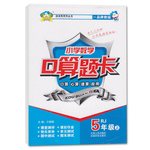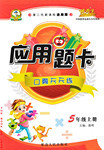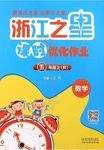题目内容
The technology, in my opinion, could have _______ in such fields as military, medicine and public safety.
A. appreciations B. appointments
C. applications D. qualifications
练习册系列答案
 小学数学口算题卡脱口而出系列答案
小学数学口算题卡脱口而出系列答案 优秀生应用题卡口算天天练系列答案
优秀生应用题卡口算天天练系列答案 浙江之星课时优化作业系列答案
浙江之星课时优化作业系列答案
相关题目

